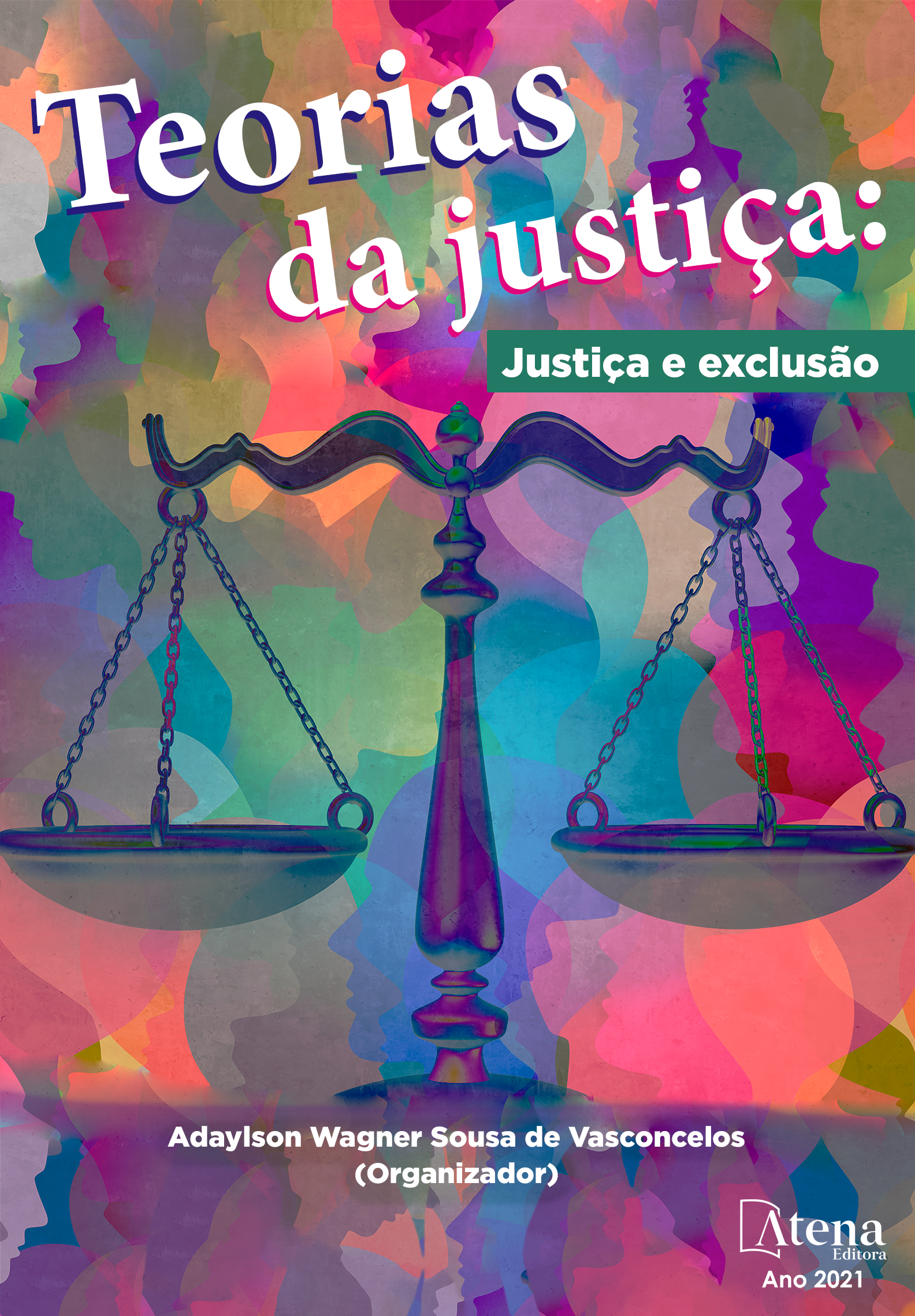
CONSELHOS GESTORES DE POLÍTICAS PÚBLICAS: ENTRE A PARTICIPAÇÃO DELIBERATIVA E O PLURALISMO JURÍDICO
O governo Bolsonaro, ao editar em 2019 os decretos n. 9.759, 9.806 e 10.003 e a Medida Provisória n. 870 (convertida na Lei n. 13.844/2019), propôs-se a diminuir ou até mesmo a extinguir a participação da sociedade civil nos conselhos gestores de políticas públicas existentes na administração pública federal. O presente artigo busca refletir sobre as consequências desses decretos a partir da literatura acerca da teoria crítica da democracia e do Direito, examinando em que medida os conselhos gestores possibilitam uma concepção plural e deliberativa da agenda das políticas públicas. Para tanto, adota-se o método analítico-dedutivo, com reflexão teórica sobre a literatura e a legislação sobre o assunto. Como resultado percebe-se que os conselhos gestores funcionam como instrumento de participação, deliberação e controle da sociedade na gestão estatal; em consequência disso, a redução da participação da sociedade civil nos conselhos ou a extinção desses instrumentos institucionalizados de aproximação da sociedade com o Estado representa a erosão da democracia plural, participativa e deliberativa.
CONSELHOS GESTORES DE POLÍTICAS PÚBLICAS: ENTRE A PARTICIPAÇÃO DELIBERATIVA E O PLURALISMO JURÍDICO
-
DOI: 10.22533/at.ed.4952130086
-
Palavras-chave: Teoria Crítica do Direito; Democracia; Participação Popular; Conselhos Gestores; Pluralismo Jurídico.
-
Keywords: Critical Legal Theory; Democracy; Popular Participation; Collegiate Bodies; Legal Pluralism.
-
Abstract:
Brazilian President Bolsonaro, by publishing in 2019 Decrees n. 9,759, 9,806 and 10,003, and the Provisional Executive Act n. 870 (converted into Law n. 13,844/2019), proposed to reduce or even extinguish the participation of civil society in existing policy management councils in the public federal administration. This paper attempts to reflect on the consequences of these decrees based on the literature on the critical theory of democracy and law, examining the extent to which management councils enable a plural and deliberative conception of the policy agenda. The analytical-deductive method was adopted, focusing on bibliographic research and the analysis of legislation on the subject. As a result, it is concluded that the management councils function as instruments of participation, deliberation, and control of society in State management. Consequently, the reduction of civil society’s participation in the councils, or the extinction of these institutionalized instruments for bringing society closer to the State, represents the decay of plural, participatory and deliberative democracy.
-
Número de páginas: 30
- Doacir Gonçalves de Quadros
- Helio Gustavo Mussoi


